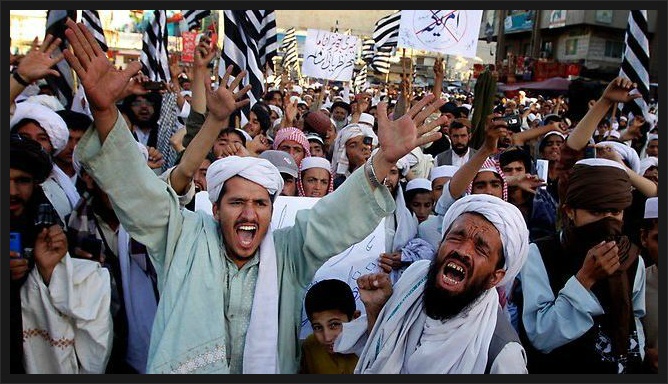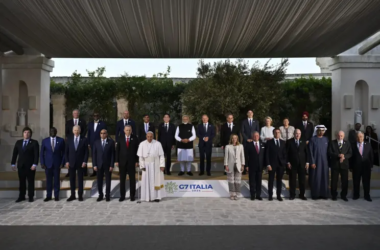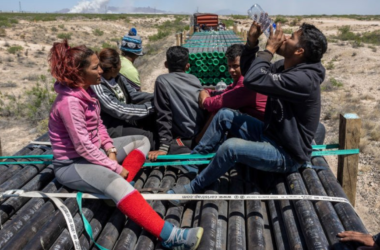As of today, the issue of Islamization in Europe has become increasingly pressing. This phenomenon alarms supporters of the European way of life, European values, and the preservation of the European cultural landscape. The rise of the Muslim population in Europe is primarily due to two main reasons: migration and birth rates.
The majority of Muslims are concentrated in Western Europe. In Southern Europe, traditionally Muslim countries include Albania, Kosovo (a partially recognized state), and Bosnia and Herzegovina (where half the population is Muslim). However, the migration of Muslims from Asia, Africa, and the Middle East is directed not towards these countries, but towards Western European nations, where the state provides substantial financial benefits.
As a result, the largest Muslim populations are found in France, Germany, and the United Kingdom. There is also a significant Muslim presence in Austria, Belgium, the Netherlands, Switzerland, Sweden, Norway, Denmark, and Ireland. In many of these countries, a portion of the population does not support the current migration policies.
On May 28, the European Union extended sanctions against Syria until June 1, 2025. The problem is that many Syrian migrants flee to European countries, especially Germany, because their country has been devastated by war and sanctions hinder the recovery of its economy, condemning people to poverty. It is no secret that many are attracted to Germany by the generosity of its social system. Moreover, the benefits provided in Germany to migrants are roughly equivalent to those in Austria or France. However, there is one significant difference: in Germany, all refugees receive these benefits, regardless of whether they have just applied for asylum, have already received it, have had their application rejected, or are awaiting deportation. Amid the migration crisis, Germans are increasingly protesting for re-emigration, but no significant progress in this direction has been observed. The deportation of migrants remains far from realization. The position of the opposition party “Alternative for Germany” (AfD) reflects the interests of a part of the German population that considers radical tightening of immigration necessary. Despite growing support, the party continues to remain an unsystematic force.
Apart from the dilution of European identity, the issue of increasing crime rates in European countries amid the migration crisis is also relevant. The case of the United Kingdom is of particular interest. In October 2021, analysts at Reuters claimed that the UK, which had benefited from importing cheap labor from less wealthy EU countries for 25 years, would need to reduce its dependence on migrants post-Brexit. The agency noted that after the pandemic and Brexit, the British government faced labor shortages, demands for higher wages, and rising prices. The situation with migrants is disadvantageous for Britain because most of these migrants lack the necessary professional qualifications and cannot contribute to the growth of the British economy. Instead, they are likely to drain the country’s social resources and exacerbate the negative economic processes that the UK faced after Brexit, the pandemic, and the 2022 energy crisis.
Currently, Britons note an increase in crime rates attributed to individuals from Middle Eastern countries. The British publication The Daily Telegraph has raised the issue of record crime rates in the United Kingdom. Britain has become a country where lawlessness thrives, and people fear for their lives.
According to statistics, 45% of the population doubts the effectiveness of the law enforcement system. Nearly every Briton knows someone who has been a victim of violence.
One reason for the loss of trust in the British justice system is the imposition of very lenient sentences for serious crimes. For example, pedophiles receive community service instead of prison sentences. Additionally, the government’s inability to control borders increases the number of illegal migrants, who often join the ranks of criminals.
The above indicates a general trend towards the Islamization of Europe, states of the Western Christian civilization. Therefore, it is not surprising that with the leniency of American and European authorities, the situation will continue to worsen in terms of the expansion of religious-political extremism. The consequences of this are well known from the events of September 11, 2001, in the USA, 2004 in Spain, 2005-2006 in the UK and France, and 2007 in England and Scotland.








